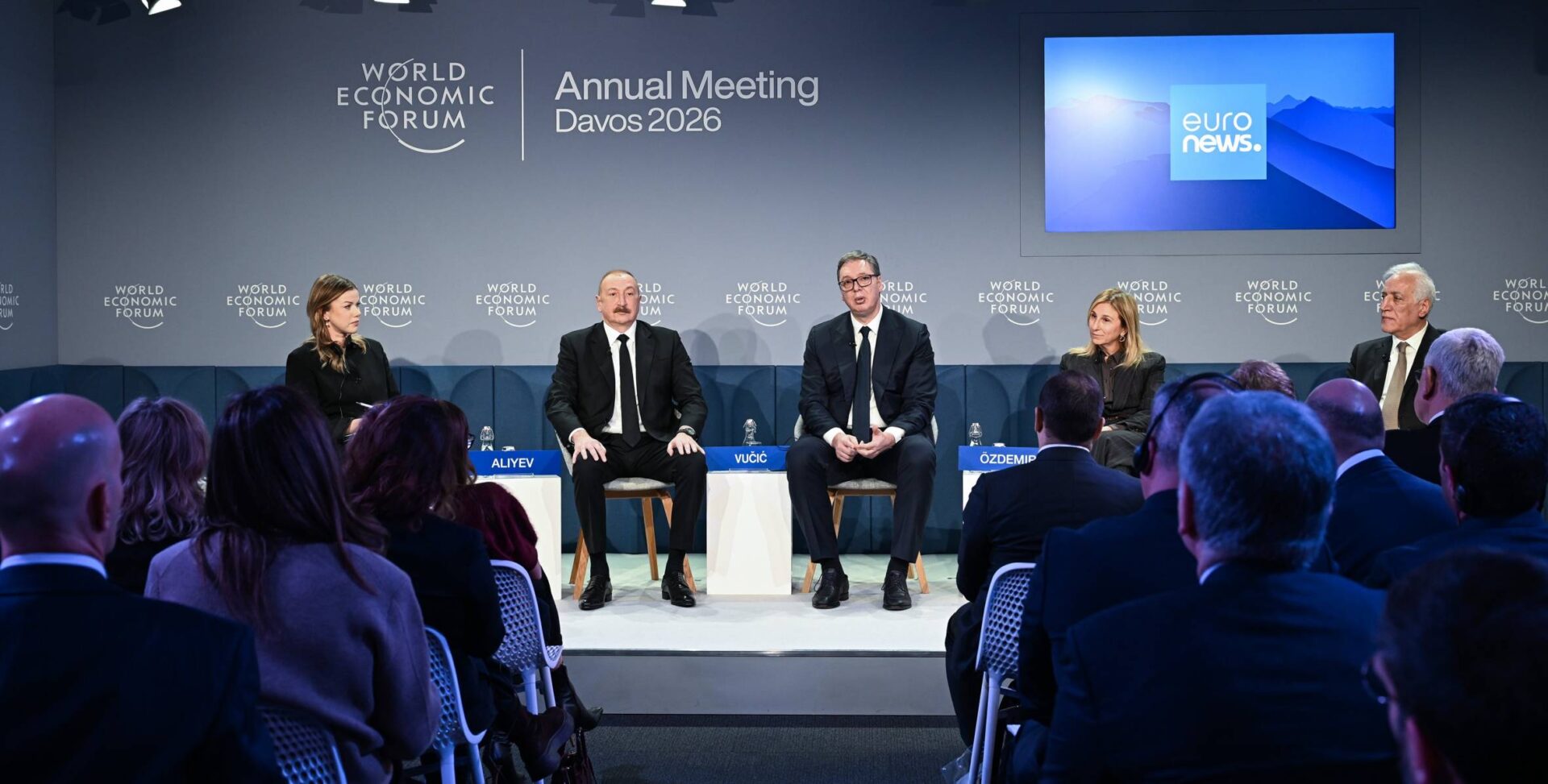TURKISH MEDIA TARGET BARZANI AFTER AL-MALIKI FAILS TO AGREE TO CONCRETE MEASURES AGAINST PKK
TURKISH MEDIA TARGET BARZANI AFTER AL-MALIKI FAILS TO AGREE TO CONCRETE MEASURES AGAINST PKK
The Turkish media have targeted Kurdish leader Massoud Barzani following the failure of Iraqi Prime Minister Nouri Kamel al-Maliki to agree to take concrete measures against the Kurdistan Workers’ Party (PKK) during his August 7 visit to Ankara.
Prior to al-Maliki’s arrival in Turkey, the Turkish authorities had sent the Iraqi government a draft agreement detailing the measures that it expected to be taken against the PKK, which has long used its camps in the Qandil Mountains of northern Iraq as a platform from which to launch attacks inside Turkey. The proposed measures included: the closure of offices associated with the PKK in northern Iraq, greater sharing of intelligence, the detention and extradition to Turkey of the organization’s leaders, cutting off financial and logistical support to the PKK, and preventing radio and TV broadcasts by the organization (Radikal, August 8).
After protracted discussions, which led to a planned press conference by al-Maliki and Turkish Prime Minister Recep Tayyip Erdogan being delayed by four hours, the two leaders finally emerged to announce that they had signed only a vague memorandum of understanding rather than the list of concrete measures prepared by Turkey.
The memorandum of understanding explicitly described the PKK as a terrorist organization and expressed the two countries’ commitment to isolating, pacifying, and ending the presence of all terrorist groups in Iraq, including the PKK. But the practical measures it envisaged were merely symbolic gestures, such as establishing a telephone hotline between the Turkish and Iraqi security forces for exchanging information about PKK activities and doubling the number of Iraqi soldiers deployed along the country’s border with Turkey from 400 to 800. Nobody believes that the measures will have any impact on the PKK’s operational capabilities.
Al-Maliki promised to send a high-level delegation to Turkey in late August to discuss further measures against the PKK (Turkish Daily News, August 8). However, no detailed agreement on concrete measures to be taken against the PKK is expected to be signed until at least early October (Milliyet, August 8). That is not only a long time given al-Maliki’s current precarious domestic political position, but it would also coincide with the beginning of the end of the PKK’s campaign season, as the first winter snows begin to block the mountain passes between Iraq and Turkey.
The Turkish media was unanimous in blaming Barzani for al-Maliki’s reluctance to commit Iraq to taking substantive measures against the PKK, noting that, with his government already in disarray following the resignation of its Sunni ministers, al-Maliki was not prepared to risk antagonizing the Iraqi Kurds as well (NTV, August 8). Although the Iraqi Kurdish authorities have little love for the PKK, they have resisted clamping down on the organization for fear that a military operation could create domestic instability. Instead, they have been relying on the fear of the possible reaction from the United States as a deterrent to Turkey launching its own cross-border military operation against the PKK.
Turkish journalists quoted unnamed members of al-Maliki’s delegation as admitting that the reason for his refusal to sign the draft agreement of concrete measures drawn up by Turkey was opposition from the Iraqi Kurds. “We want the text of any agreement to reflect everyone’s wishes, including the Kurds,” one was quoted as saying (Radikal, August 8).
The impasse has led to renewed calls inside Turkey for the authorities to apply pressure to Barzani by targeting what are claimed to be his business interests in the country. Earlier this year, the Turkish media printed lists of the names of 150 companies which they were said were owned by Barzani’s friends and relatives (Aksam, May 29), most of which were engaged in cross-border trade between Iraq and Turkey (Aksam, July 3). The publicity campaign followed the June announcement that the Turkish public prosecutor had launched an official investigation into Barzani’s assets and bank accounts in Turkey, with a view to their confiscation if it could be proved that Barzani was aiding and abetting a terrorist organization, namely the PKK (New Anatolian, June 20).
In the immediate aftermath of al-Maliki’s visit, the Turkish press began printing further allegations, quoting members of the Turkish police as claiming that a company owned by the Barzani family was engaged in smuggling cigarettes into Turkey (Milliyet, August 8). However, any attempt to apply economic pressure to Barzani could come at a high price. Annual bilateral trade between Turkey and Iraq is estimated at $5 billion and Turkish contractors have been eying the $15 billion in construction contracts expected to be awarded over the next three years by the Iraqi Kurdish authorities (see EDM, July 30).


